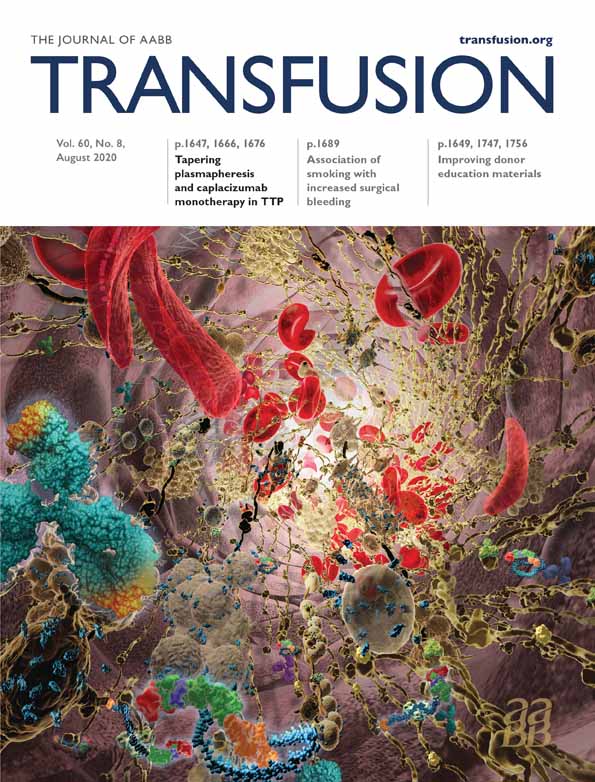Red blood cell transfusions alter splanchnic oxygenation response to enteral feeding in preterm infants: an observational pilot study
ABSTRACT
BACKGROUND
Preterm infants often require red blood cell (RBC) transfusions, which may impair splanchnic hemodynamics, thus predisposing to necrotizing enterocolitis (NEC). The aim of this study was to evaluate whether RBC transfusions alter splanchnic oxygenation patterns in response to enteral feeding in this population.
MATERIALS AND METHODS
Preterm neonates (gestational age < 32 weeks and/or birth weight < 1500 g) requiring RBC transfusions for anemia underwent a 12-hour Near Infrared Spectroscopy monitoring of splanchnic (SrSO2) and cerebral (CrSO2) oxygenation, including the transfusion period, one feed before and one after. Splanchnic-cerebral oxygenation ratio (SCOR) was also calculated. Patterns of CrSO2, SrSO2, and SCOR changes from baseline (Δ) in response to feed before and after transfusion were analyzed.
RESULTS
Twenty neonates were enrolled; none of them developed any gastrointestinal complication within 48 hours after transfusion. Pre-transfusion ΔSrSO2 and ΔSCOR increased significantly in response to feeding; on the contrary, a significant post-prandial decrease of ΔSrSO2 and ΔSCOR occurred after transfusion (p < 0.05). No difference in pre- and post-transfusion ΔCrSO2 patterns was observed.
CONCLUSIONS
In preterm infants, RBC transfusions may alter splanchnic oxygenation response to enteral feeds. Whether these changes are involved in the pathogenesis of transfusion-associated NEC has to be evaluated in further larger trials.
CONFLICT OF INTEREST
The authors have disclosed no conflicts of interest.




